# tax
12 posts in `tax` tag
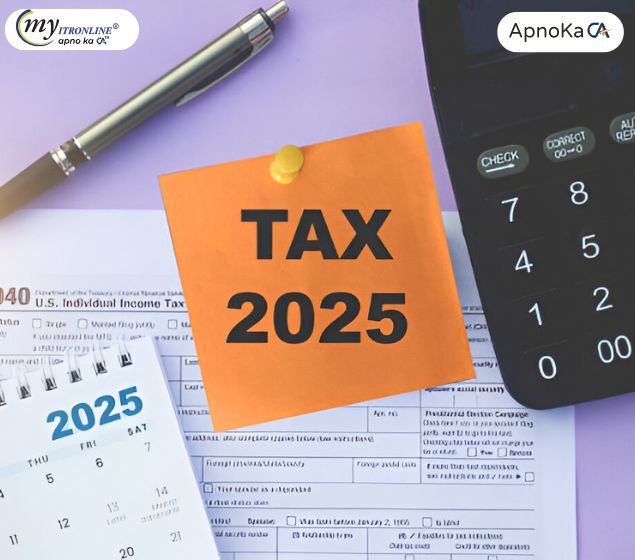
Easy Tax Rules for Small Businesses & Professionals (FY 2024-25)
This comprehensive blog post provides a detailed overview of the presumptive taxation schemes under Sections 44AD and 44ADA of the Income Tax Act, 1961, for the Financial Year 2024-25 (Assessment Year 2025-26). It explains the eligibility criteria, benefits, and important considerations (like the 5-year rule) for small businesses and professionals. Additionally, it clarifies the requirements for maintaining books of accounts under Section 44AA and the applicability of tax audits under Section 44AB, including the enhanced turnover limits. The blog aims to simplify complex tax provisions, helping taxpayers make informed decisions for better compliance and tax planning.
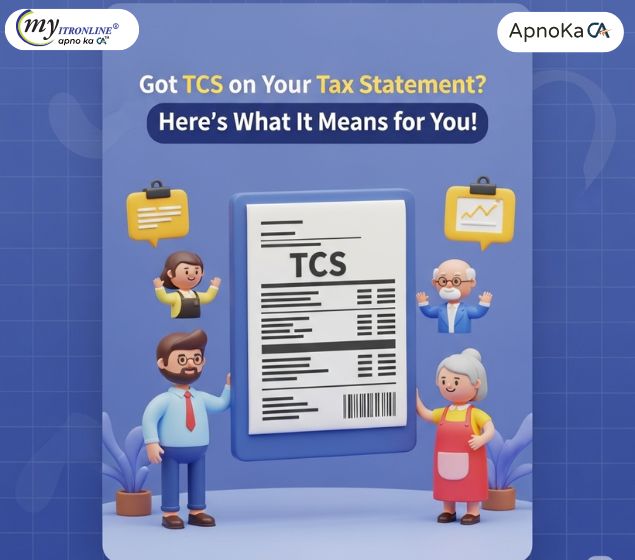
Got TCS on Your Tax Statement? Here's What It Means for You!
This blog demystifies Tax Collected at Source (TCS) for taxpayers, especially for Financial Year 2024-25 (Assessment Year 2025-26). It explains what TCS is, lists common transactions where it applies (like motor vehicle sales, overseas tour packages, and foreign remittances under LRS), and details how TCS affects one's tax liability. The post guides readers on how to reconcile TCS entries using their AIS/TIS and claim the correct credit when filing their Income Tax Return, helping them ensure accurate tax compliance and avoid discrepancies.

Your PAN Application Just Got a Smart Upgrade: Hello Aadhaar OTP!
The Income Tax Department has made Aadhaar-based OTP verification mandatory for PAN registration on its e-filing portal. This crucial update aims to enhance security, prevent fraud, and streamline identity verification. The blog explains what this change means for applicants, the reasons behind the shift (like improved verification and faster PAN-Aadhaar integration), and the steps individuals need to take, emphasizing the importance of having an active mobile number linked to Aadhaar for a smooth application process.
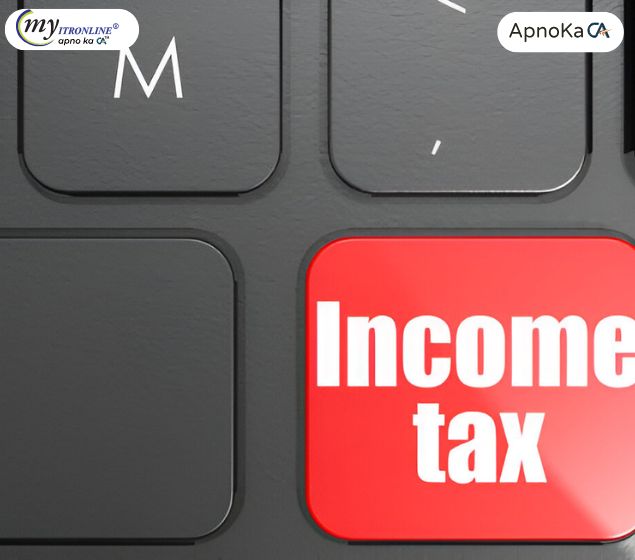
Big Changes in Your Tax Report: All You Need to Know About the New Form 26AS (AIS)
This detailed blog explores the significant evolution of Form 26AS into the more comprehensive Annual Information Statement (AIS) and Taxpayer Information Summary (TIS). It breaks down the expanded scope of information, including various high-value financial transactions (SFT/AIR data) like property deals, mutual fund transactions, and cash movements, far beyond traditional TDS/TCS. The post emphasizes why these updates are crucial for enhanced transparency, simplified ITR pre-filling, proactive discrepancy identification, and reduced chances of scrutiny. It also provides clear instructions on how to access the new statements and actionable steps for taxpayers to ensure accurate reporting and compliance.
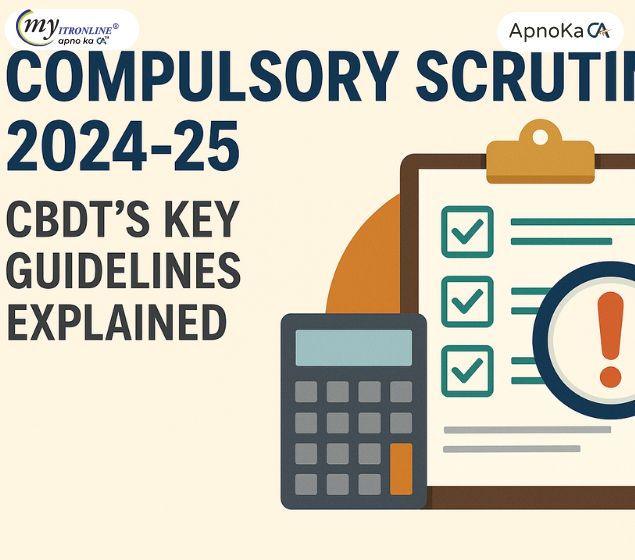
CBDT's Compulsory Scrutiny: A Quick Guide for FY 2025-26
This concise guide explains CBDT's compulsory scrutiny guidelines for FY 2025-26. It outlines the specific high-risk scenarios that can lead to a detailed income tax examination, such as search operations, credible information of tax evasion, or large refund claims. The synopsis highlights that selected taxpayers will receive a Section 143(2) notice for complete, often faceless, scrutiny and advises preparedness and seeking professional help.

New Income Tax Refund Rules 2024: A Detailed Guide for NRIs to Secure Timely Refunds
This comprehensive blog post details the crucial updates to India's income tax refund rules for Non-Resident Indians (NRIs for Assessment Year 2025-26). It highlights the new "No Dues, No Refund" policy, emphasizing the necessity of clearing all outstanding tax demands and compliance issues for refund processing. The guide also covers revisited residential status rules, the default new tax regime, streamlined refund processing, and the vital role of Form 26AS and AIS/TIS. Special attention is given to capital gains and TDS on property sales, a common source of NRI refunds, outlining critical compliance steps. Finally, it provides actionable advice for NRIs to ensure their tax refunds are processed smoothly and without delays.

Old Tax Regime Benefits: Essential Deductions (80E, 80G, 80TTA, 80TTB) Beyond 80C
This blog post delves into crucial tax-saving sections beyond the popular 80C, specifically detailing Sections 80E (education loan interest), 80G (donations), 80TTA (savings interest for non-seniors), and 80TTB (interest on deposits for senior citizens). It explains who can claim these, their limits, and, most importantly, their non-applicability under the New Tax Regime for FY 2024-25. The post encourages taxpayers to compare regimes carefully and highlights myitronline's services for expert assistance.

ITR Filing 2024-25: All Important Deadlines You Need to Know
This blog post provides a comprehensive overview of all crucial Income Tax deadlines for Financial Year 2024-25 (Assessment Year 2025-26). It details specific dates for Form 16 issuance, ITR filing for non-audit and audit cases (including the extended September 15, 2025 deadline for individuals), advance tax installments, and updated returns. The post emphasizes the importance of meeting these deadlines to avoid penalties and promotes myitronline for reliable tax filing assistance.
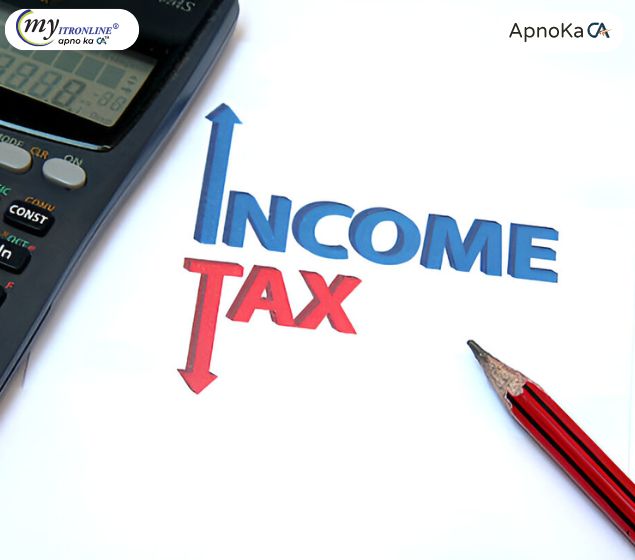
Form 16 for FY 2024-25: Your Complete Guide to What's New & How to Verify
This blog post provides a detailed guide to Form 16 for Financial Year 2024-25 (Assessment Year 2025-26), highlighting the crucial changes under the new tax regime, including the increased standard deduction and NPS benefits. It offers a step-by-step process for taxpayers to verify their Form 16 against Form 26AS and other documents, ensuring accurate ITR filing and avoiding discrepancies. The post also emphasizes the extended ITR filing deadline and promotes myitronline's services for expert assistance.
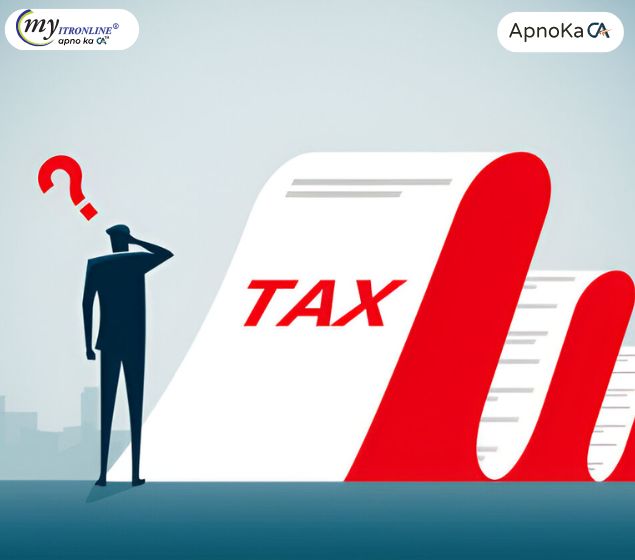
ITR Alert: ITR-1 & ITR-4 Offline Utilities for AY 2025-26 Now Available!
The Income Tax Department has released offline utilities for ITR-1 and ITR-4 for Assessment Year 2025-26. This blog post explains what these utilities are, how to download and use them, and highlights the important changes in this year's ITR filing. Start your ITR filing preparation now! Contact MyITROnline for expert assistance.
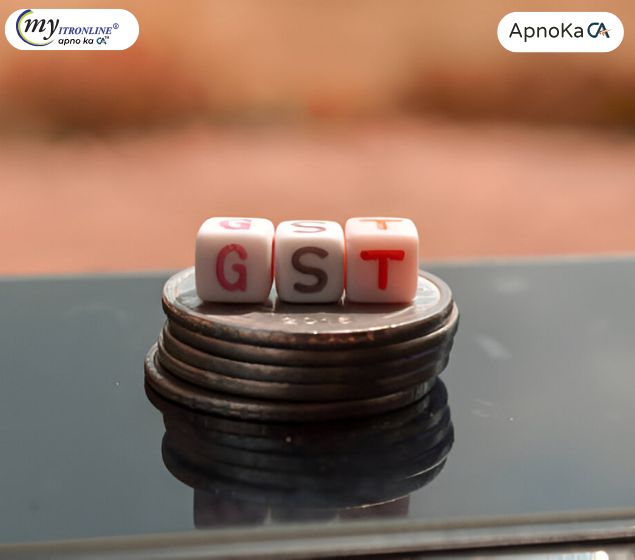
No DIN, No Problem! Your GST Notices Remain Valid.
The CBIC has clarified that GST notices from the official portal are now valid with a Reference Number (RFN), even without a separate Document Identification Number (DIN). The RFN serves as a unique identifier, making the DIN redundant for these digital communications. This move aims to reduce confusion, simplify verification, and emphasize digital communication. Taxpayers can use the RFN on the GST website to authenticate notices. Caution is advised for notices received without a DIN via other channels.
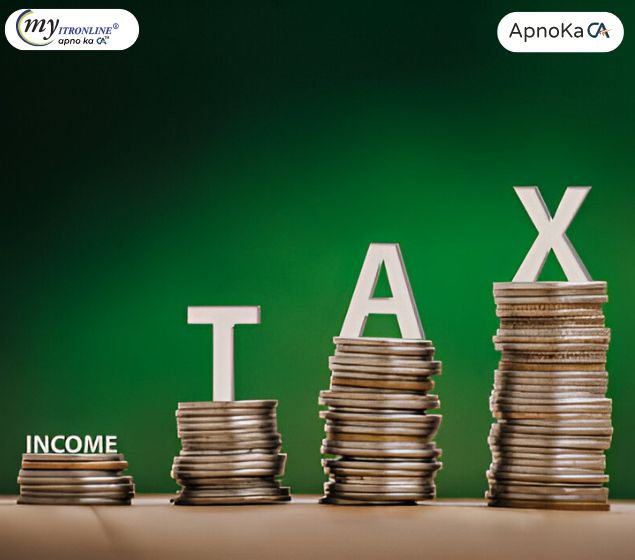
Important Announcement for Taxpayers: CBDT Extends Deadline for Processing AY 2023-24 Income Tax Returns
The Central Board of Direct Taxes (CBDT) has issued an order extending the processing deadline for electronically filed Income Tax Returns (ITR) for Assessment Year (AY) 2023-24 to November 30, 2025. This relaxation applies to returns where the intimation under Section 143(1) had previously lapsed. The blog post explains who benefits, important exceptions (like scrutiny cases and assessee-attributable delays), and reiterates the necessity of PAN-Aadhaar linking for refund eligibility. It highlights this as a significant relief for taxpayers.
